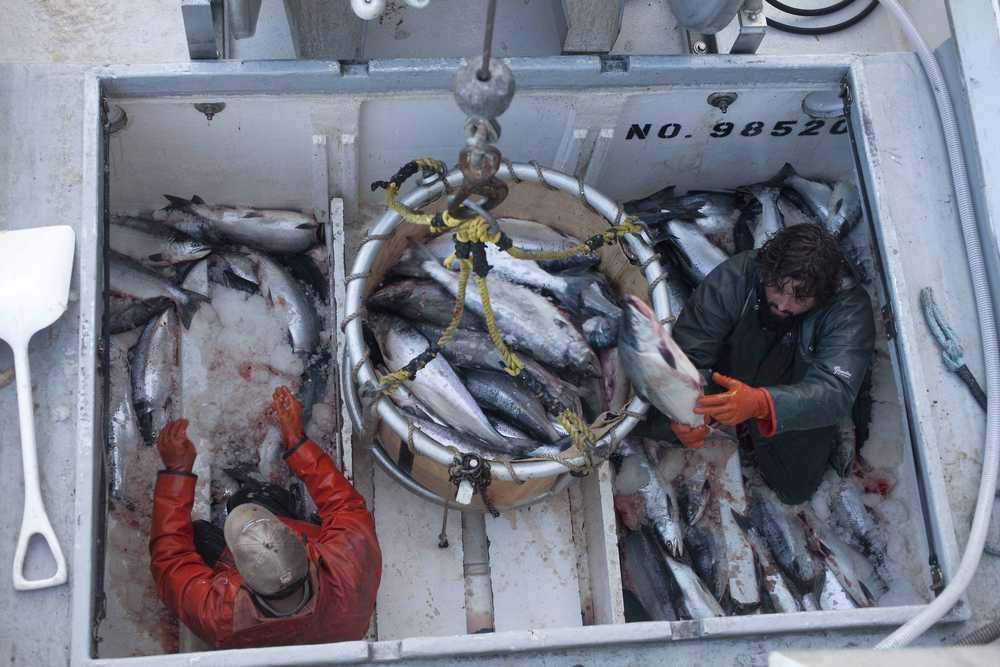The U.S. Senate voted to extend a moratorium on an EPA regulation which could affect nearly every commercial fishing boat in Cook Inlet if the current embargo were to expire.
With eight days to go before the vessel discharge rule is set to expire, a bill introduced by Sen. Lisa Murkowski, R-Alaska, and Sen. Marco Rubio, R-Florida, passed unanimously and is headed to the U.S. House for a vote before the current session ends.
Senators approved a three-year moratorium on a portion of the EPA’s Clean Water Act that would change discharge regulations for fishing vessels shorter than 79 feet and fish processors. United Fishermen of Alaska Executive Director Julianne Curry said she expects the House to pass the measure on Thursday.
Curry said the language of the current regulation is so broad that it would apply to nearly any liquid that could be emitted from a boat.
“This is putting a moratorium on incidental discharge and that’s anything from water that you pump out of your hold, regardless of whether or not you put fish into it, to grey water, to rain water,” she said. “It just seemed like there wasn’t much outreach before the regulations were drafted, they’re fairly nonsensical.”
Roland Maw, executive director of the United Cook Inlet Drift Association, echoed Curry’s sentiments.
“When this issue came up in the EPA years ago, it was meant to be dealing with ballast and bilge water, primarily like what a big oil tanker would have. They would come in, pump seawater on board to stabilize the vessel and then when they docked in places like Valdez or Nikiski, they’d pump that water back out and fill the tanks with oil,” he said.
But, in an attempt to better regulate ballast waste, the EPA extended onerous rules on incidental discharges to the point that nearly every commercial fishing boat in the Cook Inlet would be required to get a permit to discharge into the water.
“We wouldn’t be able to just wash (fish guts) back into the sea,” Maw said. “The ironic part was, say I’m out halibut fishing, I clean a halibut that just came out of that water and I can’t throw the gills and guts back in the water without a permit? That was kind of the silliness of it.”
While the rule would affect about 8,500 boats in Alaska, the EPA estimates that nearly 138,000 boats nationwide would fall under the discharge monitoring requirements.
Maw said the implications were staggering.
“To implement this regulation, that means all of those vessels would have to be inspected. By whom? What criteria where they going to use and what methods were they going to ask us to employ?” Maw said. “We asked and never got an answer.”
Curry said the next step would be to push for a permanent moratorium, similar to one that has already been granted to recreational boats, for the commercial fishing fleet.
“We’ll be looking for a permanent exemption that not only makes economic, but common sense for the commercial fishermen around the country,” she said.
Reach Rashah McChesney at rashah.mcchesney@peninsulaclarion.com.

